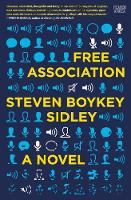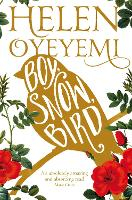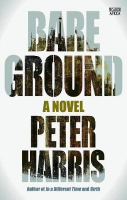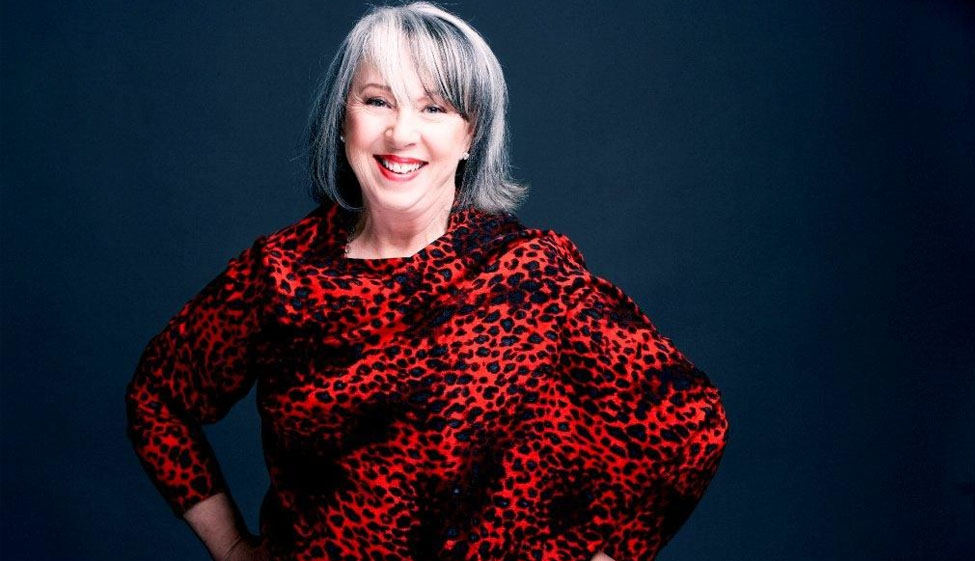It’s now so long ago it hardly happened: the Christmas summer holiday break. Never has any country so embraced dropping everything and just being. I suspect, though, that many of us, exhausted by the year, find difficulty ‘just being’.
One of the avenues of discussion I find difficult to understand is doing nothing. My idea of doing nothing is a hammock, a book, a drink and just the sounds around me. No, I am told, doing nothing is doing nothing. I still grapple with the concept, but that no doubt is largely due to a Scottish grandmother who happened to be a nursing sister and very firm that doing nothing was bad. Very bad.
Like all readers, I took a pile of books away with me, and left even more at home when I returned for another two weeks of blissful Joburg minus fifty percent of its inhabitants. And something odd happened. I mostly avoided all the books that were newly released and returned to books that had piqued my curiosity and which I rushed through like a tsunami powering through a gorge. For me, with memories of reading Hilary Mantel’s Wolf Hall at three in the morning, the idea of reading at leisure is so enticing it is difficult to describe. No deadlines. Just the words. Just the story.

Why you’ll enjoy it:
Boykey has carved a unique niche for himself by writing about mostly bewildered middle aged men, struggling with their position in an increasing young society filled with gadgets and the prospect of having to take a blue pill. In Free Association, Max is only 33, but finds it impossible to get laid, to keep a girlfriend, to live a reasonably organised, reasonably happy life. He earns his living as a podcaster, talking mostly about himself and blurring the lines between real people and fictional people (like a girlfriend and a twin brother) who exist only in his mind. Until, well, read the novel. As you journey through the book with the hapless Max, you will catch yourself gurgling with pleasure, clicking your tongue with irritation, being appalled at his lack of societal grace and simply being taken along for a literary ride of profound pleasure. I might even read it again.
Free Association by Steven Boykey Sidley (Picador Africa)
 When I started this column last February, I was talking about the rise and rise of African writing. It is even more evident now than it was a year ago, but we are still nibbling at the edges of a hurricane. Helen Oyeyemi is part of that hurricane. She began writing in her early 20s, went up to Cambridge, and books and plays kept falling like rain from her authorial pen. Thank goodness.
When I started this column last February, I was talking about the rise and rise of African writing. It is even more evident now than it was a year ago, but we are still nibbling at the edges of a hurricane. Helen Oyeyemi is part of that hurricane. She began writing in her early 20s, went up to Cambridge, and books and plays kept falling like rain from her authorial pen. Thank goodness.Why you’ll enjoy it:
Ali Smith says of Oyeyemi that she is ‘a writer of sentences so elegant that they gleam,’ another reviewer says she is ‘a writer of gorgeous, gymnastic fairy tale-infused fiction,’ and her publisher notes that Boy, Snow, Bird is written with ‘heartrending vibrancy and eerie beauty.’ In effect, it is Snow White, whiter than white, that is the kernel of this entrancing written novel. Boy is a girl who flees an abusive and sadistic father, and finds herself in the little town of Flax Hill. It is the 1950s and here is a girl of uncommon independence of thought and spirit. She reminds me of Scout. You get the 50s but we’ve forgotten how repressive it was as girls bred up another generation of boys to replace those lost in WW2 and the female form was almost codified by Dior. As Boy moves through New England society, secrets are revealed. I did what one reviewer suggested: reread paragraphs with mounting excitement. She is a masterly writer and she now resides inside my heart. Just get a copy and see for yourself. You’ll say “Thank you, Jenny”.
Boy, Snow, Bird by Helen Oyeyemi (Picador)
 Mandla Langa writes that Bare Ground is an unyielding and engrossing critique of our new society. We all remember former human rights lawyer Peter Harris for his Alan Paton Award-winning In a Different Time, which broke my heart, and his second book, Birth which is an inside story of getting to and conducting the 1994 uhuru election.
Mandla Langa writes that Bare Ground is an unyielding and engrossing critique of our new society. We all remember former human rights lawyer Peter Harris for his Alan Paton Award-winning In a Different Time, which broke my heart, and his second book, Birth which is an inside story of getting to and conducting the 1994 uhuru election.
Why you’ll enjoy it:
Interviewing Peter before Christmas, I was startled when he said Bare Ground was the third book in a trilogy, which began with his two previous non-fiction books. Bare Ground is situated in the cauldron of Johannesburg c2017/18. It is a dangerous place and there are secrets and compromises taking place behind high walls and long driveways in the suburbs of the elite. Max Sinclair is the head of the board of a large mining company, the last to do an empowerment deal. He has a mandate from his board to sell a share of the family company to a black consortium. Three chapters in and I understood why this novel is the third in the trilogy: it would be impossible to write a non-fiction book without falling foul of lawyers and lawsuits and all the devices in place to prevent the genuinely wicked. What went down at 10 Bompas Road? What happened in Hyde Park’s lower level parking? Why does a chauffeured drive through a northern suburb remind you so much of Sandhurst and those who live there? All individuals are so cleverly disguised you will not be able to identify them. But it’s a masterly novel that will leave you profoundly disturbed and not a little sickened. Riveting.
Bare Ground by Peter Harris (Picador Africa)
JENNY CRWYS-WILLIAMS




Piqued my interest to try out the author Steven Boykey Sidley! Thanks for this review.